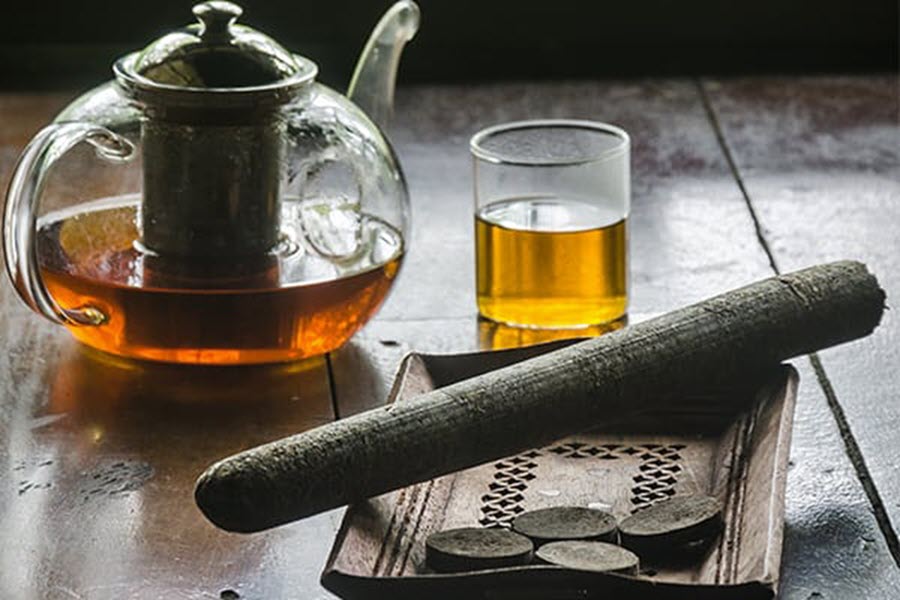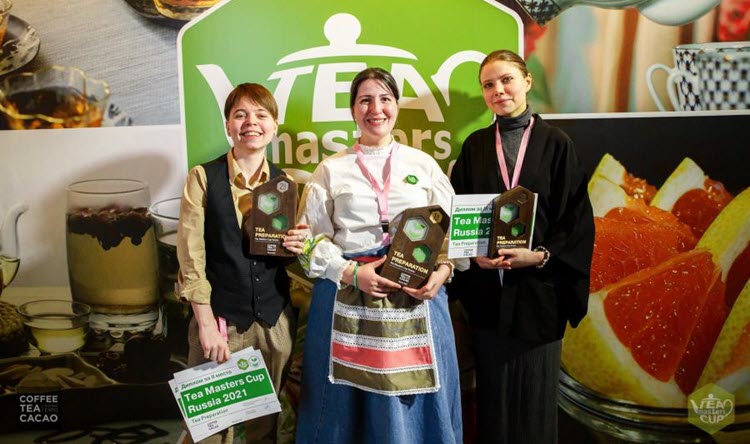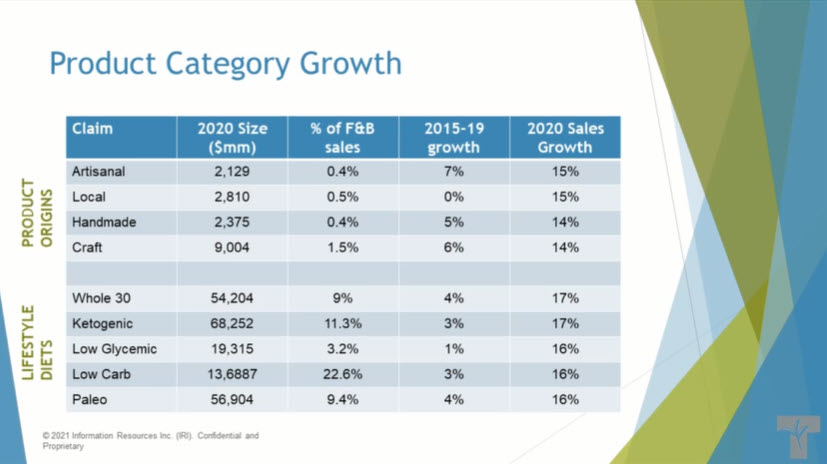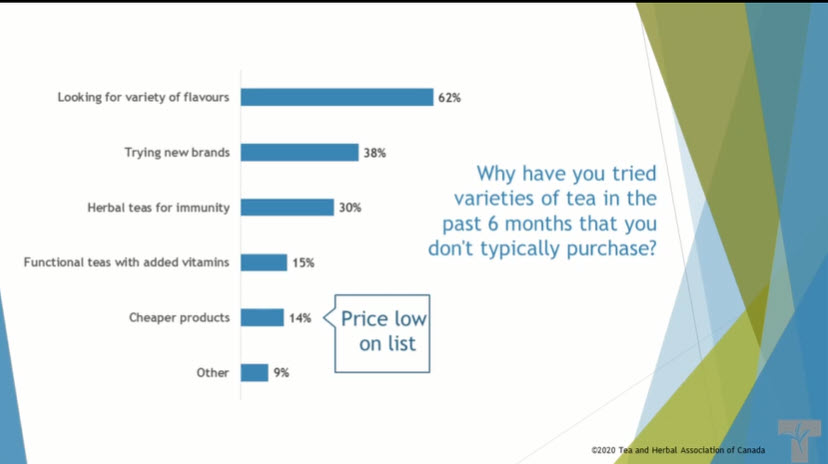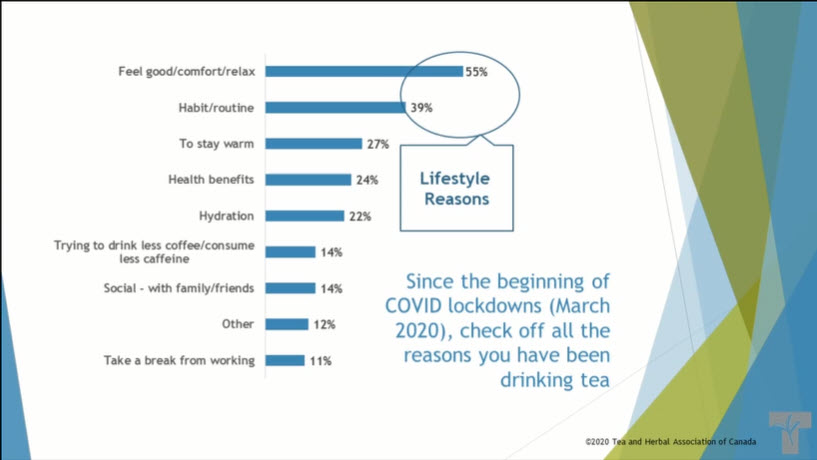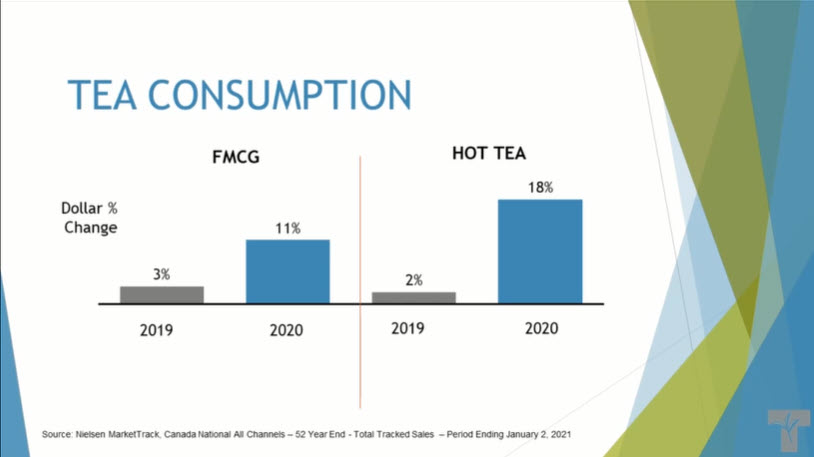Listen to the Tea Biz Podcast on iTunes | Spotify | Sounder | Stitcher | Alexa
Hear the Headlines for the Week of April 30

| Mombasa to Expand Tea Auctions to Five Days a Week
| Spiking Prices Dismay Russian Tea Drinkers
| A 6.4 Quake Shakes Assam, Tea Factory Damage Minor
| Vahdam Tea Mobilizes Emergency COVID Aid for India
| China Tea Price Watch | India Tea Price Watch
| IN-DEPTH: India
Features
This week Tea Biz visits the fabled Darjeeling tea growing region in the Himalayan foothills of northwestern India
…. and we travel to Seattle for the launch of the Organic Marketing Association a group that conveys the complexities of organic cultivation with memorable memes, clever ditties, and illustrations that radiate the joy of farming in harmony with nature.
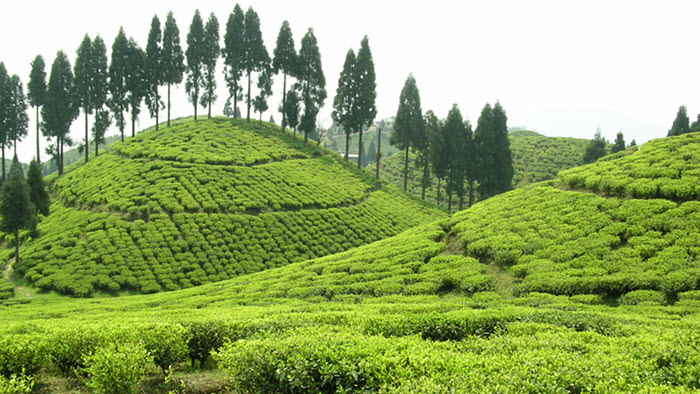
Steadfast Darjeeling Continues to Evolve
By Aravinda Anantharaman | Bengaluru, India
Darjeeling is the most famous of India’s tea growing regions. Revenue from its spring flush also makes it the most lucrative, but the plants there are aging, wage inflation is high, and workers are restless. Innovation is overdue. Aravinda Anantharaman spoke with Rishi Saria a third-generation planter, managing the Gopaldhara, and Rohini estates in Darjeeling. He describes where things stand, how Darjeeling began producing oolongs and offers personal insights into rival Himalayan tea produced in Nepal. Read more…

Marketing Organics with Humor
By Dan Bolton | Winnipeg, Canada
Dennis Weaver is the co-founder and president of the Organic Marketing Association, a non-profit that growers CANNOT pay to join. The consumer-facing OMA celebrates the fun side of organics by building awareness with slogans, puns and Instagram-inspired illustrations of vegetables like celery with the headline “Stalking You” or lemons calling you to “Pucker Up Baby.” OMA’s slogan, is the double entendre: “Organic. Eat Me.”

Weaver explains that organic food is delicious and nutritious, “So why is organic stuck at 5% market share with plantings on only 1% of US acreage?” he asks. One reason is that organic suppliers spend too much time talking about what’s not organic. They are in a defensive bubble, he says. Consumers are far more interested in how tasty, fun and easy it is to choose organics.
“We won’t try to lecture anyone. Instead, we’ll focus on making positive associations with the word organic and the things that make people happy. It’s a simple formula that works,” says Weaver.

Tea News you Need to Know
Kenya’s Tea Price Slump
Low auction prices for Kenya and other East African teas have persisted for the past three years due to oversupply. During the past nine months the average price of $2.52 per kilo declined by 8.6 percent. Teas auctioned by the Kenya Tea Development Agency (KTDA) factories generally sell for more than teas from elsewhere but are down 12 percent. Recent auction averages of $1.81 per kilo are well below the cost of production for many factories. The country’s Agriculture and Food Authority (AFA) also blames the decline on weak demand due to coronavirus lockdowns in many countries and the devaluation of many foreign currencies. Meanwhile avorable weather and increased acreage under tea with each passing year leading to greater surplus volume, adding to already high stocks.
Two developments this week will likely further roil Mombasa. On April 24 the government announced that auctions would be expanded from two to five days a week later this spring and last Friday detectives with the Directorate of Criminal Investigations seized both KTDA records and equipment and those of the East Africa Tea Traders Association (EATTA). No sales were conducted Monday.
Biz Insight – The Colombo Tea Auction in Sri Lanka is conducted on Tuesdays and Wednesdays. Annual sales volume of 300 million kilos is comparable to the 450 million kilos auctioned in Mombasa. In 2020, after 127 years, Colombo’s traditional auction went digital but retains its two-day-a-week schedule. John Snell, owner and CEO of Ela’s Tea Company in Ontario, Canada, has been buying tea in commercial quantities since 1984. A former trading manager for multi-nationals purchasing East African tea, Snell shared his thoughts on the expanded schedule.

6.4 Quake Shakes Assam, Tea Industry Damage Light
By Roopak Goswami | Assam
A strong earthquake followed by several aftershocks rattled rafters and nerves on April 28 but caused only minor damage to tea processing factories throughout the region. Several estates reported damage to outbuildings and dwellings for workers. There were 12 injuries, none life-threatening, reported following the 30-second shake at 7:51 am April 28.
Bhupinder Singh, chairman of the Assam Branch India Tea Association (ITA) Zone 3 said, “We were lucky to have got away with no injuries to employees and their dependents from member gardens.”
A hill collapsed in Bhirabkund in the Udalguri district due to soil liquefaction caused by the quake and area residents were warn to be wary of land slides and damage to local bridges.
“The high-intensity earthquake early Wednesday has caused damage to houses and buildings with people running out of their homes and other places in panic, obliterating social distancing and other COVID guidelines amid a raging pandemic. From the initial reports, the massive quake has caused only light damage to buildings and there have been no fatalities reported so far and only few injuries,” writes Prof. T.G. Sitharam, director of IIT Guwahati and president of the Indian Society for Earthquake Technology.
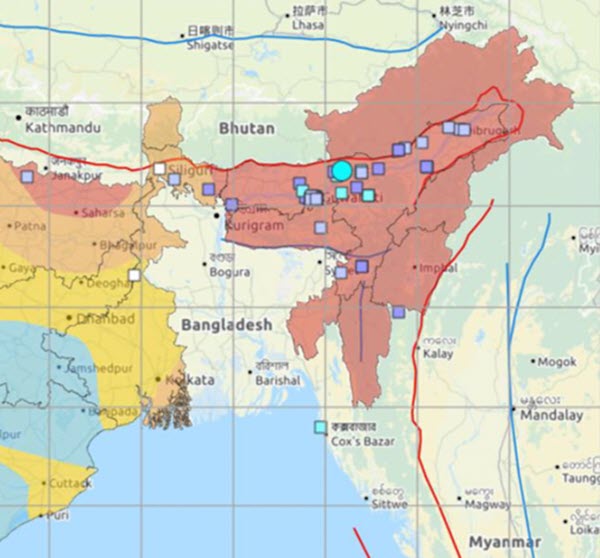
The National Centre for Seismology put the epicenter of the quake near Sonitpur, a “very seismically active area” along the Kopili Fault. The Kopili is a strike-slip fault aligned from northwest to southeast. The quake originated 17 kilometers underground and 43 kilometers west of Tezpur. During the first 48 hours there were 15 aftershocks measuring 2 to 4.9 on the Richter Scale. The quake caused many fissures, exposing liquified soil within a radius of 50-70 kilometers. The region’s last major quake, in July 1960, measured 6.0.
Spiking Costs Trigger Russian Tea Price Increases
By Eugene Gerden | Moscow
Tea prices in Russia are steadily rising due to a weak ruble and the increased cost of tea imports.
Retail prices increased by 2-10% in Russia last year and prices are expected to continue to climb in 2021 due to shipping and freight costs, packaging expenses and unfavorable currency exchange rates along with the increased cost of raw materials due to the pandemic.
Demand for tea in Russia currently remains stable. The rise in retail prices, so far, are not significant. However the possibility exists for further increases in the second half of the year, which may have a negative effect on local demand, according to Ramaz Chanturia, director of the Russian Association of Tea and Coffee Producers (Roschaykofe).
Tea consumption at home significantly increased since the introduction of quarantine measures and self-isolation in the country. At the same time out-of-home coffee sales fell by almost 30% after a sharp growth in 2019.
Chanturia explained that it could be worse. Price increases were restricted because producers are concerned with the decline of purchasing power by consumers and the declining popularity of tea among the youth, as many switched to coffee in recent years. The association does not expect the Russian tea market to expand this year. Sales volumes are growing at the minimum levels, he said, making 2021 much like 2020.
Learn more…

Vahdam India Mobilizes Emergency COVID Relief Effort
By Dan Bolton
Vahdam India this week donated $50,000 to launch a fundraiser as part of #RiseTogetherForIndia, a COVID-19 Emergency Relief Fund. Donations will assist the non-profit Doctors for You deliver relief services across India. The company seeks to mobilize tea drinkers worldwide to set up temporary COVID treatment facilities, acquire oxygen cylinders and concentrators and facilitate rapid vaccination efforts. India reported more than three million new COVID cases in the past 10 days. Nineteen million are currently infected with more than 200,000 deaths.
Learn more and find a Ketto crowdfunding link to donate on the Tea Biz blog.
Share this Tea Biz BLOG|CAST with your colleagues
View the Tea Biz Newsletter Archive
https://teabiz.sounder.fm/episode/news-01212021
Subtext
Avoid the chaos of social media and start a conversation that matters. Subtext’s message-based platform lets you privately ask meaningful questions of the tea experts, academics and Tea Biz journalists reporting from the tea lands. You see their responses via SMS texts which are sent direct to your phone. Visit our website and subscribe to Subtext to instantly connect with the most connected people in tea.
Podcast Players
| ITunes | Spotify | iHeart Radio | Stitcher |
| Google Podcast | Amazon Podcasts | Tune In | Sounder |
Subscribe and receive Tea Biz weekly in your inbox.







